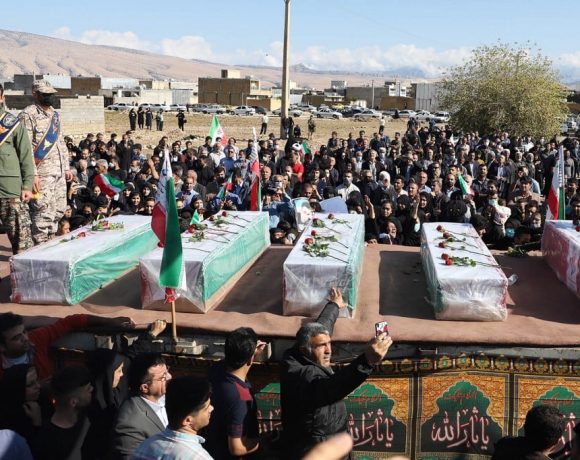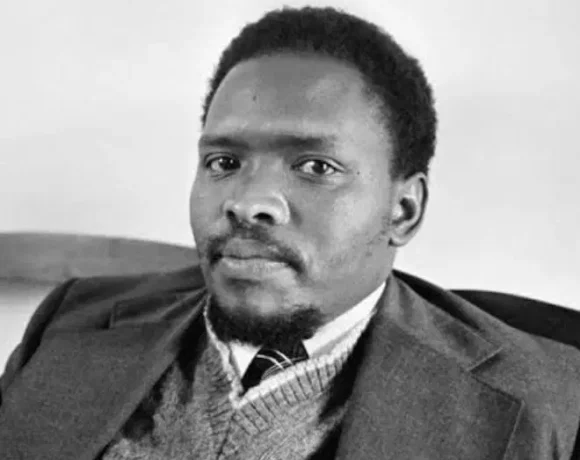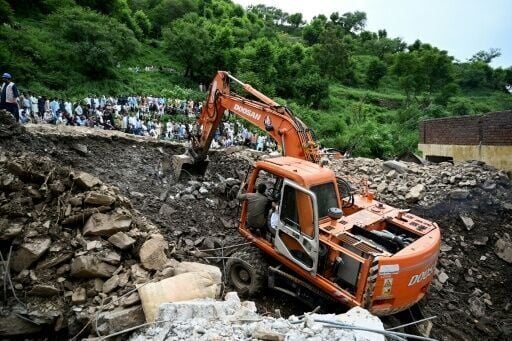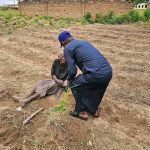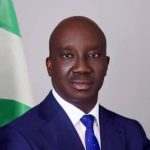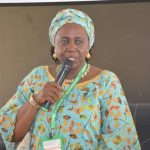Nigeria’s Presidency defends fairness in national dev’t amid regional bias claims
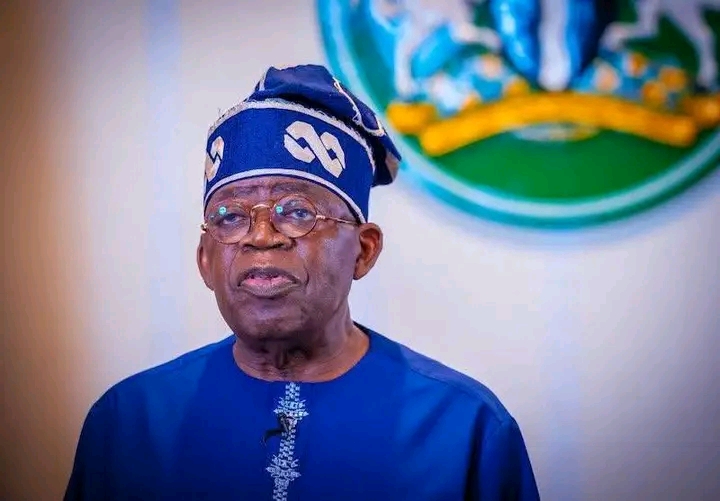
Nigeria
The Federal Government of Nigeria has strongly rejected allegations of favoritism, affirming that President Bola Ahmed Tinubu’s administration is guided by fairness, equity, and justice in the distribution of federal projects and appointments across all six geopolitical zones.
This clarification was made to counter recent misinformation suggesting certain regions are marginalized.
Minister of Information and National Orientation Mohammed Idris emphasized that since President Tinubu assumed office, the government has demonstrated a deliberate commitment to balanced development. Infrastructure projects are being executed nationwide, ensuring no part of Nigeria is overlooked.
Highlighting major road projects, the government pointed to the Lagos-Calabar Coastal Highway in the South and the Badagry–Sokoto Highway in the North as clear examples of the administration’s equitable focus. These projects symbolize an inclusive vision of national growth.
Beyond roads, Kano and Kaduna states in the North are receiving extensive investments in light rail projects worth ₦150 billion and ₦100 billion respectively. At the same time, Lagos and Ogun states continue to expand their metropolitan rail systems, expected to create over 250,000 jobs collectively.
The administration has also prioritized social infrastructure, rehabilitating more than 1,000 primary health care centers nationwide, underscoring the commitment to human capital development in all regions.
Government data reveal the Northwest as the largest beneficiary of capital project approvals, receiving over ₦5.97 trillion, accounting for more than 40% of the total. Other regions such as the South South and North Central have also been significant recipients of development funding.
Legacy infrastructure projects, including major highways and roads like the Trans-Sahara Highway and the Akwanga–Jos–Bauchi–Gombe Road, display an almost even split between northern and southern regions, with the North accounting for 52% of the total project length.
Energy sector advancements further illustrate nationwide development efforts, notably the revival of the Kaduna Power Plant, progression of the AKK Gas Pipeline, and expanded oil exploration in northern states.
Furthermore, the administration maintains a merit-based approach to federal appointments, ensuring inclusion and competence rather than sectional considerations. Establishing new Regional Development Commissions and a dedicated Ministry of Livestock Development reflects a tailored strategy for Nigeria’s diverse regional needs.
President Tinubu’s “Renewed Hope Agenda” affirms a unified approach to national growth, promising that no region will be left behind. Nigerians can expect continued progress in infrastructure, social services, and governance under this inclusive leadership.


